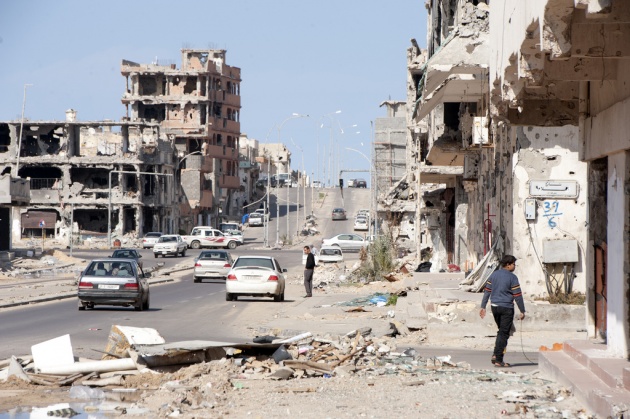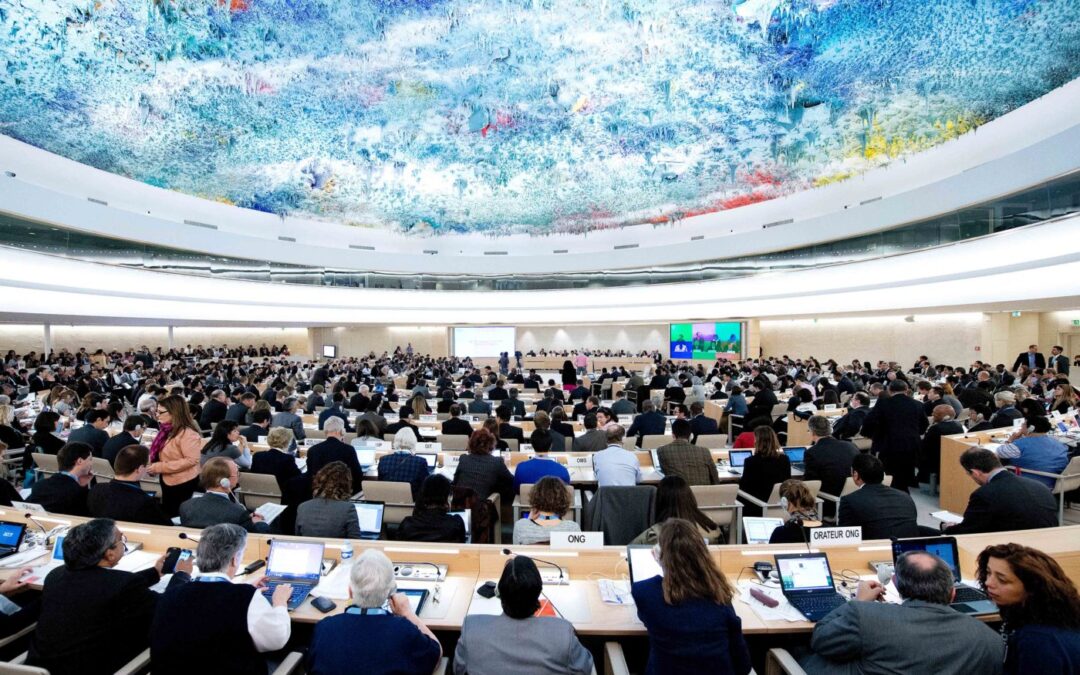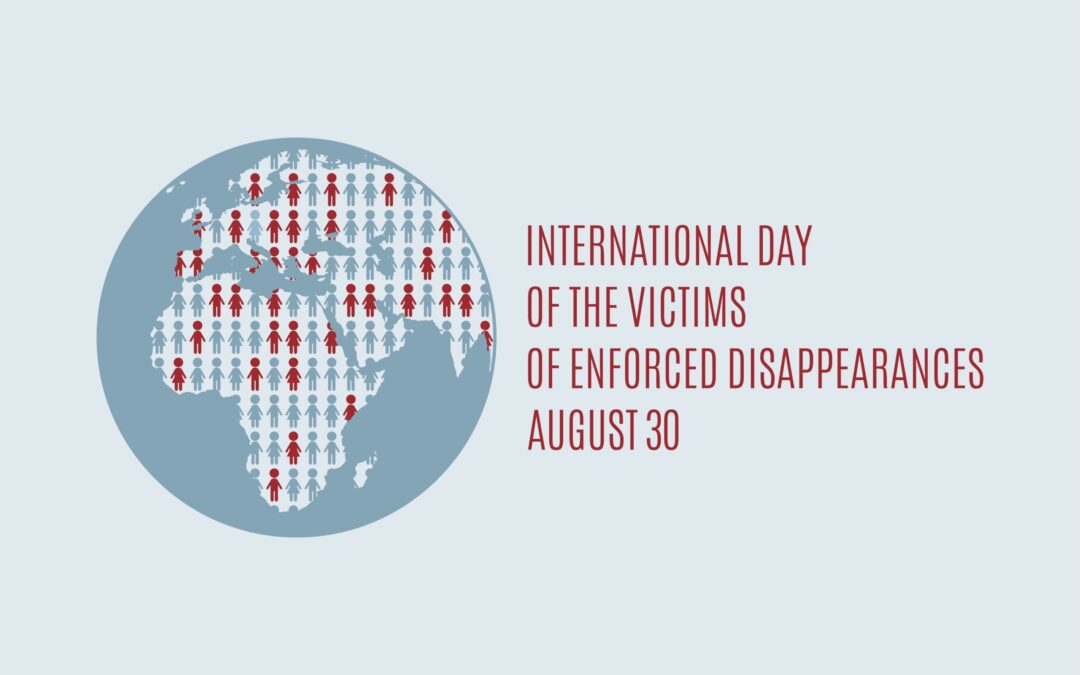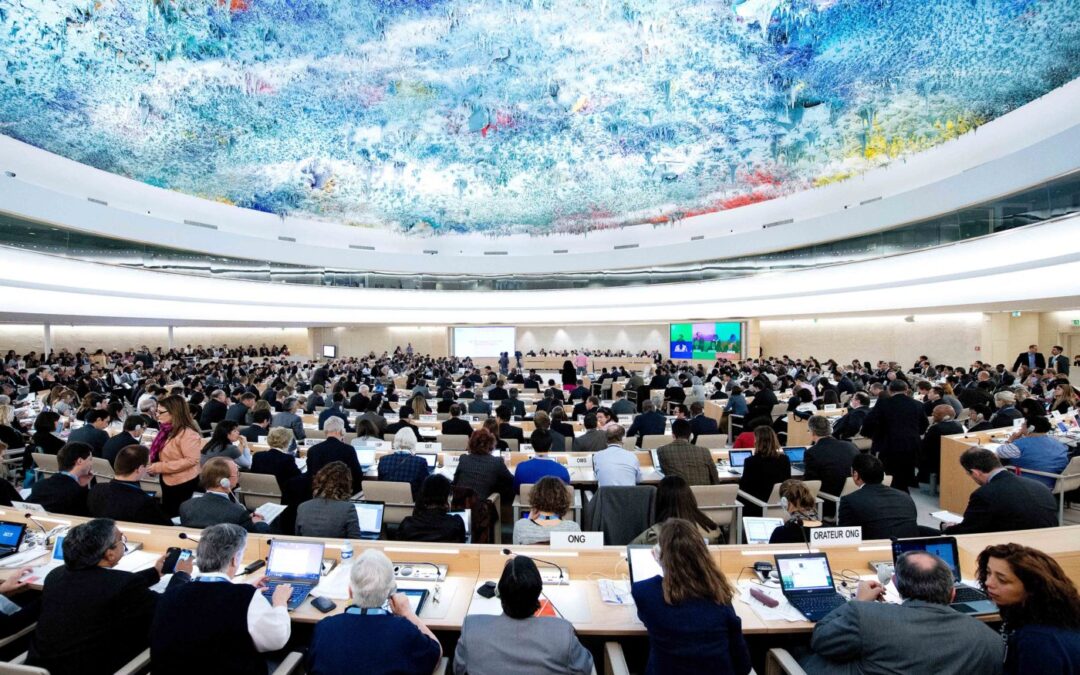
Oct 26, 2021 | News, Publications, Thematic reports
The Libyan authorities should improve the protection of women’s and girls’ human rights in the Draft Constitution and ensure their full, unimpeded participation in the constitutional reform process, the International Commission of Jurists (ICJ) said in a briefing paper published today.

Oct 7, 2021 | Advocacy, Non-legal submissions
The ICJ today called on UN Member States to ensure support for the UN Independent Fact-Finding Mission on Libya (FFM) and called on this Council to renew its mandate.

Sep 21, 2021 | News, Work with the UN
United Nations Human Rights Council member states, including Libya, should continue to support the Independent Fact-Finding Mission on Libya by renewing its mandate during its 48th session, which began on September 13, 2021, seven human rights organizations said today.

Aug 30, 2021 | News
Today, on the occasion of the International Day of the Victims of Enforced Disappearances, we the 33 undersigned local, regional, and international organizations, associations, and networks come together to highlight the dramatic and persistent nature of enforced disappearances in the Middle East and North Africa (MENA) region and the accompanying impunity enjoyed by perpetrators of these crimes throughout the region.

Jul 14, 2021 | News, Open letters
The International Commission of Jurists (ICJ) joined several human rights organizations in signing the following letter, urging state representatives at the Human Rights Council to ensure the extension of the UN Fact-Finding Mission on Libya’s mandate.









